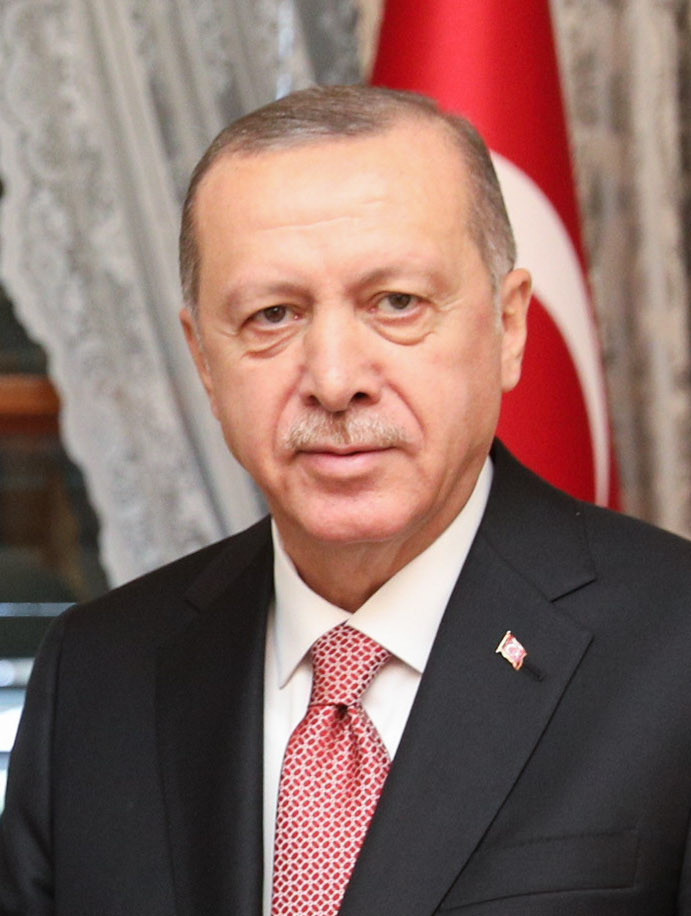
Turkey is the 9th most affected country by the current pandemic, and has gone through something of a coronavirus rollercoaster to get there. Today we welcome Steven Cook, Senior Fellow in Middle-Eastern and African studies for the Council on Foreign Relations in the United States. Steven explains that there were several phases to the Turkish coronavirus approach. Phase one : nationalist overtones as the country was comparatively unaffected.
“At first, when Turkey had very few cases, the government took a very strong and strided nationalist tone, that Turkey was able to keep the virus out of the country and there was a lot of chest-beating on the part of President Erdogan and others, as the Health Minister was regarded as a national hero.”
Suspicions were raised early in the crisis though, with a political and social media witch-hunt against physicians, journalists and others warning about the dangers of the virus.
“We know that early on in the crisis physicians and journalists who raised the alarm about the severity of it and revealed that the government was putting pressure on physicians to make diagnoses of pneumonia instead of Covid-19 were punished. People pointing out the shortcomings of Turkey’s response and the likely severity of the cases there on social media were immediately attacked by swarms of trolls on behalf of the Turkish government.”
More controversy was to come - it surfaced that Turkey may have been censoring true figures, and as confirmed cases continued to rise, all of a sudden President Recep Tayyip Erdogan’s approach to the crisis and position in power was being undermined.
“There is some reason to believe that Turkey has been hiding numbers, has been underreporting diagnoses and death because of the way officials originally had framed the crisis. There is a risk of President Erdogan being seen as the sultan without any clothes, in that they really have not done a very good job of meeting this crisis head-on.”
Erdogan may be under less intense scrutiny now following a stabilization in the number of cases and a notably low death rate. But Steven Cook is under no illusions of the political challenges that lie ahead given the power that municipality opposition governments hold in Turkey.
“The Justice and Development Party and Erdogan were relatively weak going into this crisis, having suffered setbacks over the course of the last couple of years in terms of significant economic slowdown and electoral losses at the municipal and local elections. Turkey’s major metropolitan areas are controlled by opposition. It’s two most important cities - Ankara the capital, and Istanbul, the media capital, finance capital, cultural capital of the country - are controlled by opponents of President Erdogan’s party. Both of those mayors have wanted to take proactive steps in order to raise funds, or help people who are sick or been dislocated as a result of the coronavirus crisis.”
The central government has already taken direct action to prevent these positive initiatives of the municipalities, but it may not stop there.
“The word on the street is that they will take direct action against the mayor of Istanbul, Ekrem İmamoğlu, and possibly even strip him of his powers. This issue of coronavirus is perhaps giving the central government cover to do what they have been wanting to do to İmamoğlu, and also the mayor of Ankara Mansur Yavaş, to undermine them.”
And there are several other indications that Erdogan is trying to keep political and journalistic opposition to an absolute minimum, perhaps thinking ahead to a potential election in 2023.
“He has also demonstrated a willingness to use a certain amount of electoral skullduggery, as we would say, or chicanery, in order to get the outcomes that he has wanted. Crackdowns on Kurdish politicians, on opponents - real and perceived - of the Turkish governments have continued. In order to mitigate the coronavirus crisis in Turkey, they have released people from Turkish prisons. They’ve released mob bosses, murderers, drug dealers, rapists, but they haven’t released political opponents - that is journalists, academics, and others who are really essentially guilty of crimes of thoughts rather than actual crimes. The question is whether there are enough sick people and enough dead people to damage Erdogan politically, so that when he does face the ballot box again he won’t prevail. But that is of course assuming there will be a free and fair election in Turkey by that time.”
Steven Cook from the Council on Foreign Affairs speaking to us today from the United States.